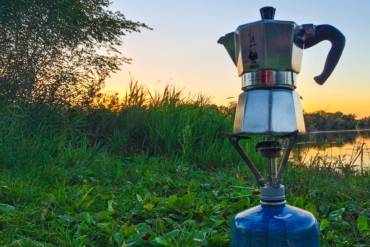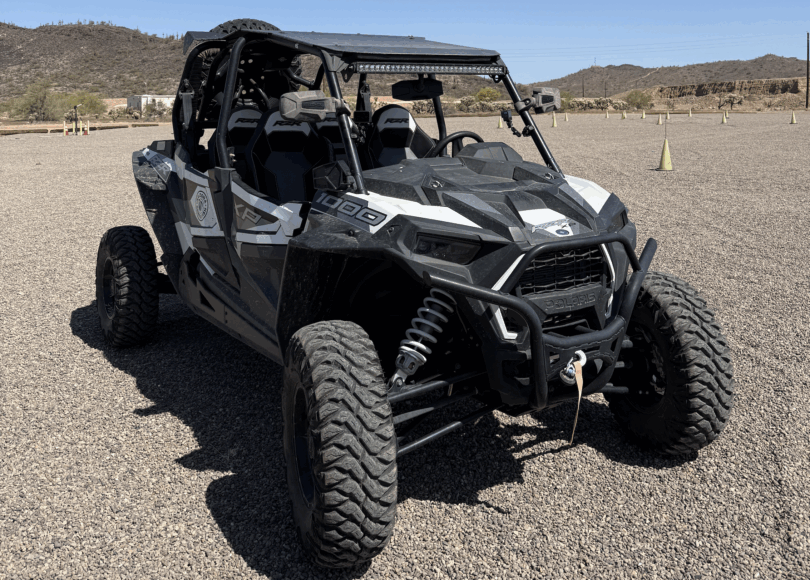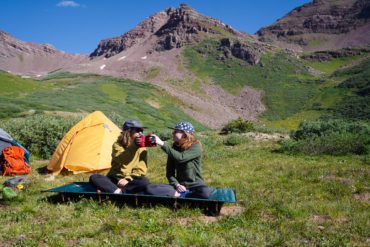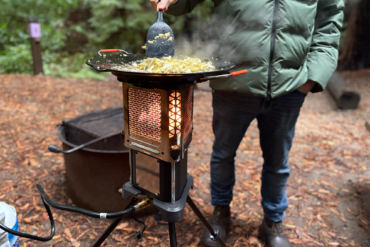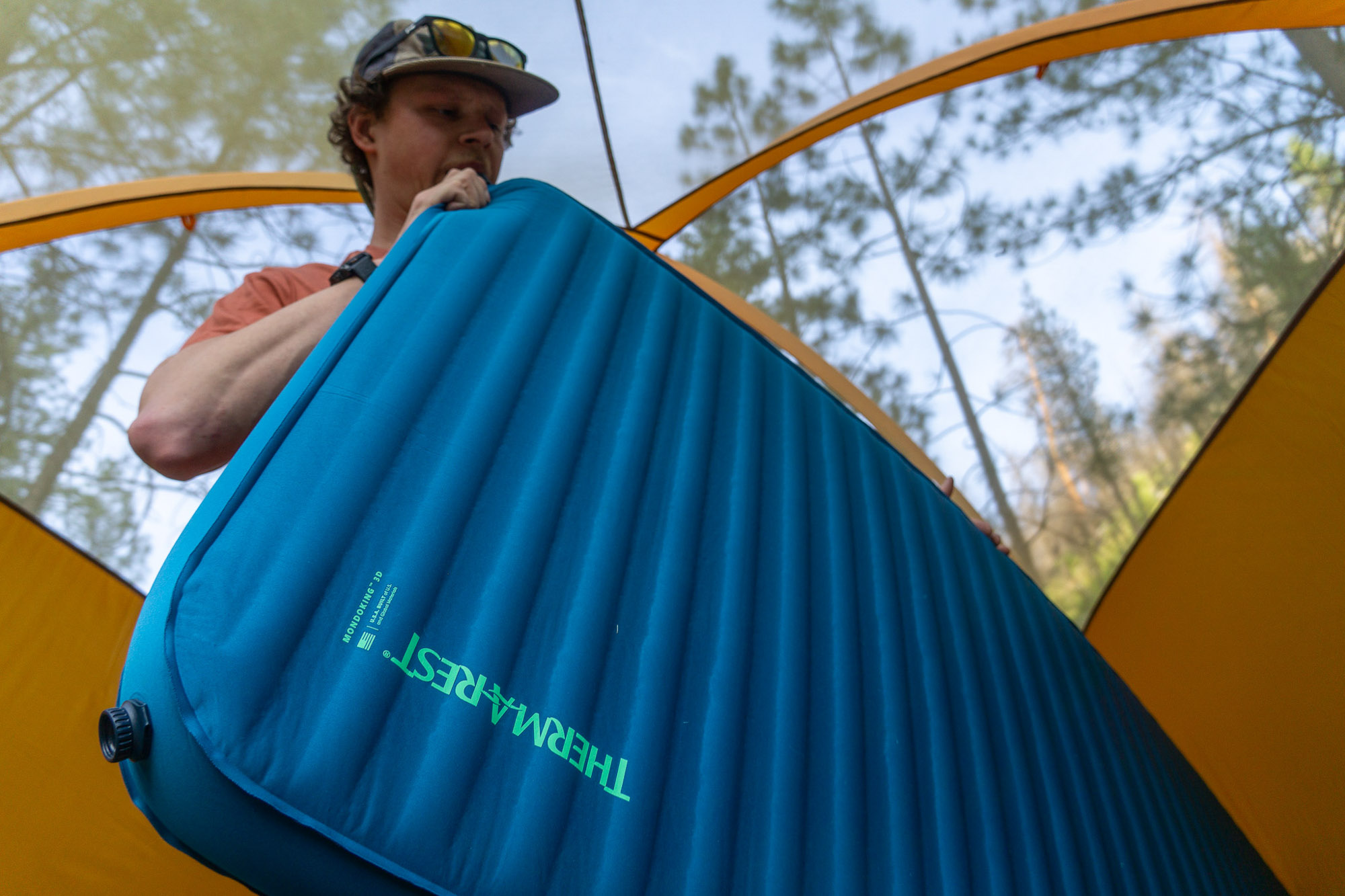“Ditch the bivy.” That’s the marketing idea behind a new and lightweight one-person tent from Easton Mountain Products. Called the Kilo 1P, the tent weighs its namesake 1 kilogram (2.2 pounds) and offers a three-season shelter with only a single, slender carbon fiber pole.
Unlike a bivy sack, you can sit up and organize equipment in this solo tent. It’s generous inside for one person at about 18 square feet, plus there is a vestibule for storing a pack.
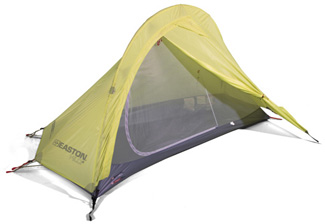
Last week, I tested the $350 “bivy killer” on a rain-soaked trek on California’s Lost Coast Trail. We were filming an episode for a new GearJunkie video series, and as such I was toting camera gear along with my equipment for the trek.
The Kilo tent packs up tiny thanks to its light fabric and a single pole. Carbon fiber rods and tiny tether connectors, not heavier bungee cord, comprise the innovative pole design, which weighs just a couple ounces. It all stuffs in a pack as a little bundle not much larger than a rolled-up winter jacket.
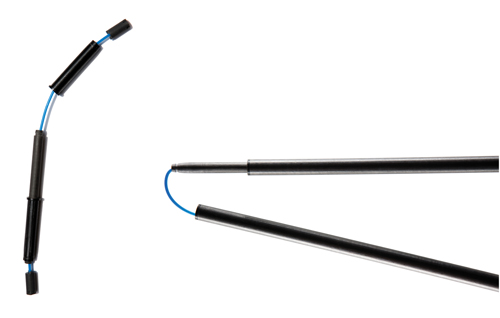
For a single-man tent, I found the Kilo roomier than expected. My six-foot frame easily fit inside without touching on either end or the sides. Its 39 inches of headroom let me sit comfortably upright inside and arrange my gear.
Setup is a breeze. The single pole clips to the tent body. The rain fly drapes over the body and mates with a hook and loop system. Complete setup of the Kilo takes just a minute or two.
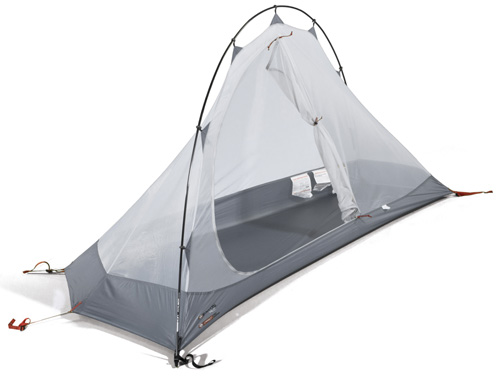
Caveat: The tent is not freestanding. You need to stake it out, and with a single-pole design good stake anchors are a must. On the sandy shore of the Pacific Ocean during our Lost Coast trek I used large rocks to help keep my stakes buried and my shelter taut.
On our rainy coastal hike, everything was fairly soggy to begin with as I set up the Kilo the first night. As best I can tell, the tiny tent kept any additional water from reaching the interior over the night.
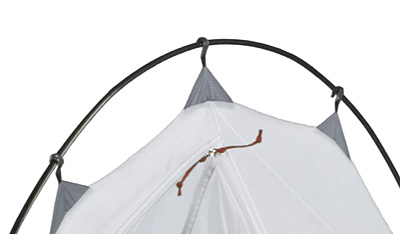
Ultralight backpackers, if you’re stuck between the decision to tent it or buy a bivy sack, if you can afford the $350 entry fee we think the right answer might be to pack the Kilo and have the best of both worlds — lightweight, protection, and the headroom to sit up and move around before lying back for a night’s rest in the wilds.
—T.C. Worley filmed three ultra-light treks for our “Fast & Light” video series last fall.

